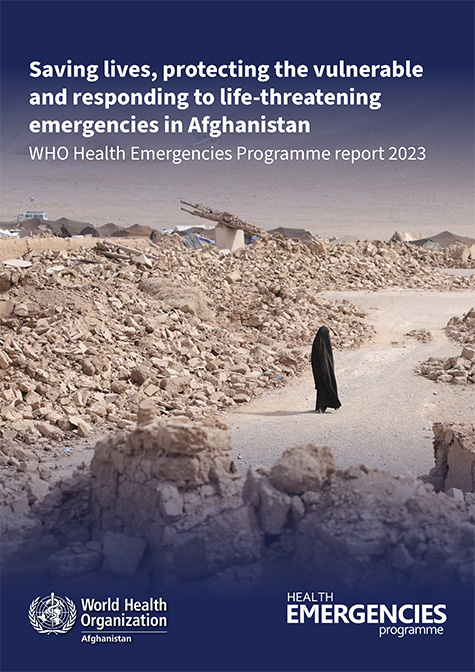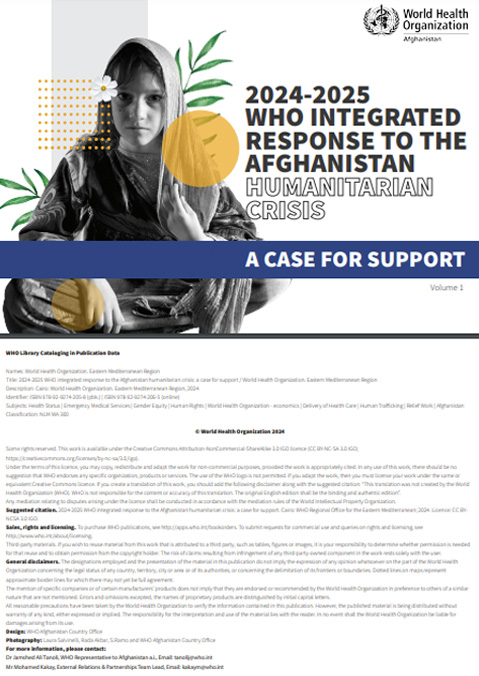
8 September 2025, Kabul, Afghanistan – A new consignment of more than 35 metric tonnes of life-saving medical supplies landed in Kabul today, to enhance the World Health Organization’s (WHO) emergency response to the devastating 6.0 magnitude earthquake that struck eastern Afghanistan on 31 August. With this shipment, WHO has now prepositioned and delivered nearly 80 metric tonnes of emergency health supplies to the country since the disaster.
The newly arrived cargo, mobilized through WHO’s logistics hub in Dubai, includes trauma and emergency surgery kits, primary health care kits, noncommunicable disease kits and essential medicines. These supplies will be dispatched to health facilities and mobile health teams in the hardest-hit areas, following the ongoing needs assessments. This will enable doctors and nurses to provide urgent treatment, perform emergency surgeries and help prevent the spread of disease.
The earthquake left a path of destruction across Kunar, Nangarhar and Laghman provinces, killing more than 2200 people, injuring 3600, and destroying almost 6800 homes. Tens of thousands of families remain displaced, while 20 health facilities have been damaged and referral hospitals continue to struggle with hundreds of trauma patients.

“The loss and suffering caused by this earthquake is immense,” said Dr Edwin Ceniza Salvador, WHO Representative to Afghanistan. “These additional medical supplies are a lifeline for families who lost everything and for health workers who continue to serve tirelessly despite being affected themselves. Every day counts in saving lives, and WHO will remain side by side with health partners to ensure affected communities get the care they urgently need.”
WHO has been on the ground from the first hours of the crisis, deploying mobile health teams, psychosocial support services and disease surveillance systems. The arrival of this latest airlifted shipment strengthens those efforts and ensures that essential health services continue at a time when communities need them most.
WHO’s emergency operations have been made possible through the generous support of donors, including the Afghanistan Humanitarian Fund (AHF), European Union Humanitarian Aid and others. However, sustained funding will be critical to expand and maintain lifesaving interventions for those who need it most.
For more information, please contact:
Ajyal Manssour Al-Sultany
Head of Communications, WHO Afghanistan- Kabul
E-mail:
This e-mail address is being protected from spambots. You need JavaScript enabled to view it













